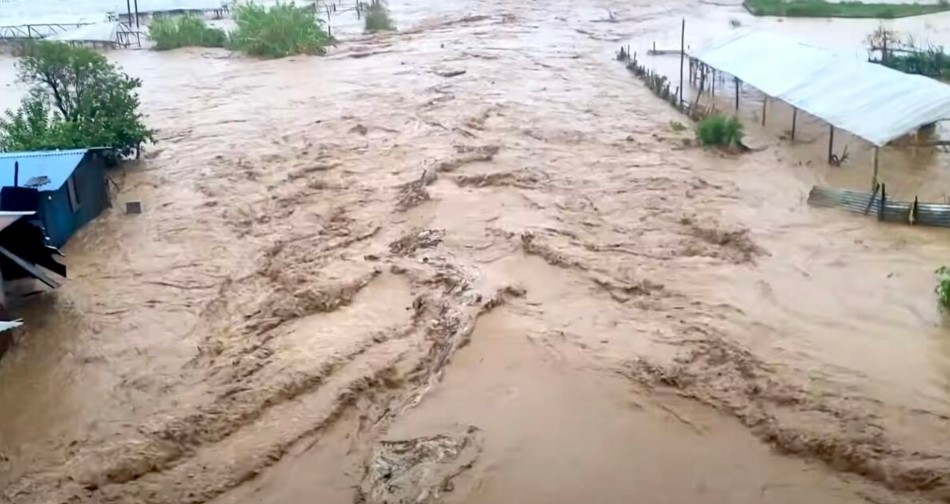Agriculture and Livestock Sector Suffers Losses more then Rs 6 Billion Due to Floods and Landslides

Kathmandu, Continuous rainfall, landslides, and flooding since last Thursday have wreaked havoc on Nepal’s agriculture and livestock sector, causing losses amounting to Rs 6 billion. Most of them are out of insurance claim because of lack insurance awareness. Nepal Govt. providing 80% of insurance premium subsidy but farmer not utilized this scheme.
The Ministry of Agriculture and Livestock Development reported that the devastating impact has been particularly severe on paddy fields, vegetable crops, fishponds, and livestock across various districts.
The ministry’s preliminary data reveals that paddy fields, vegetables, cardamom, sugarcane, fishponds, livestock, cold stores, and cattle sheds have all suffered significant damage. A total of Rs 5.83 billion worth of losses has been recorded across these sectors, with paddy fields alone accounting for Rs 3.50 billion in damages. In total, 58,476 hectares of paddy fields were destroyed, affecting farmers in districts such as Saptari, Siraha, Dhanusha, Mahottari, Sarlahi, Rautahat, and Bara.
Fish farming has also been hit hard, with 458 hectares of ponds damaged in Dhanusha, Mahottari, Sarlahi, Rautahat, and Bara, resulting in losses of Rs 1.13 billion. In addition, 24 cattle herds were destroyed in Panchthar, Dhankuta, and Tehrathum, while fruit orchards in Kaski, East Nawalparasi, Kanchanpur, and Rautahat were also damaged across 22 hectares.
Vegetable farmers in Khotang, Makwanpur, Chitwan, Saptari, Siraha, Dhanusha, Bara, and Parsa have lost 2,743 hectares of crops. Additionally, two cold storage facilities and several other physical structures within the ministry’s offices were damaged, with repairs estimated to cost Rs 160 million.
The government has been criticized for failing to promote awareness of agriculture and livestock insurance among farmers, resulting in substantial losses that could have been mitigated. While policies on health and vehicle insurance are strictly enforced, similar policies for agriculture remain underdeveloped, leaving many farmers without the means to recover from natural disasters.
As farmers struggle with the aftermath, calls for a more robust agricultural insurance policy have intensified. Experts warn that without significant reforms in this area, farmers will continue to bear the brunt of such disasters in the future.
